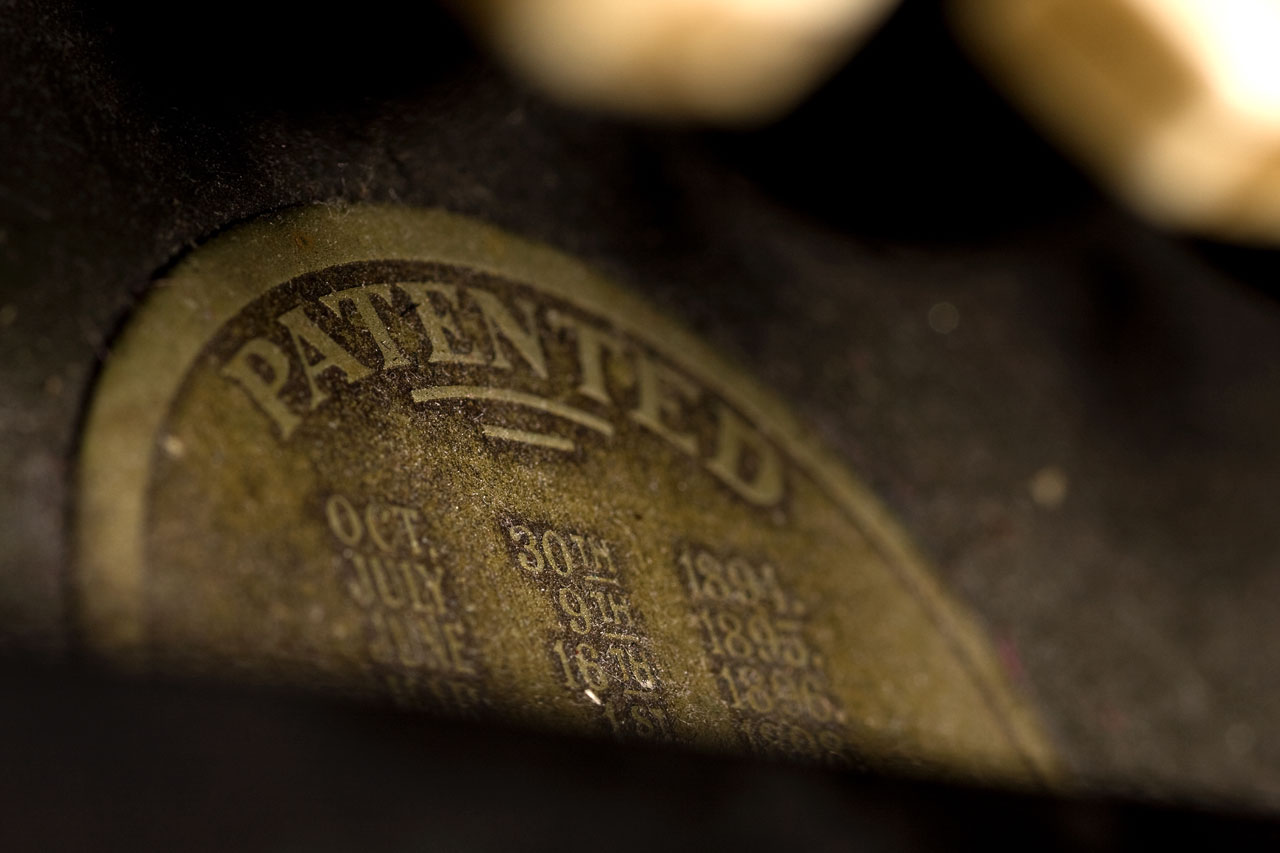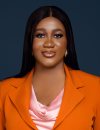Patents: The Fitness And Wellness Industry
Posted on Thu 24 Oct 2019
- Download Resource
The fitness and wellness industry has rapidly evolved over the years, as such the industry is no longer restricted to the traditional varieties of sporting equipment. Companies in these industries through research, development and technology have over the years constantly made improvements to the equipment available in the market place for consumers seeking to improve their health or keep an active lifestyle.
The widespread level of innovation and invention in the industry has made these activities a lot easier to access, from tangible equipment like Fitbit and other data-measuring wearable health apparatus to intangible “apps” that can be downloaded on phones to enable consumers live a health-conscious life.
The advent of technology has given birth to the social media era where individuals have begun to develop more self-awareness and self-consciousness. As a result, people are constantly looking for more ways to improve their outward appearance through exercise or healthy living. To progress at the same rate as consumers’ demand, companies are forced to constantly think outside the box, invent new products or improve on already existing products.
Due to this demand, the fitness and wellness industry is highly competitive, which means companies that develop new products have to find ways of protecting their intellectual property; from the brand to the trade name and, most importantly, the systems and methods involved in developing the novel invention. This is where Patenting comes in.
Patent is the type of Intellectual Property protection that allows for the registration and protection of novel inventions or an improvement upon already existing inventions that have industrial application or are capable of industrial application. Companies that are seeking to protect the products they develop as well as the systems and methods used in producing these products need to register these inventions, so they are granted an exclusive right to use the registered patent in the industry.
A registered patent is protected for 20 years but must be renewed annually to remain in force. By registering these inventions, they stay ahead of the competition and prevent them from copying or duplicating their products. Anyone who duplicates or copies an already existing registered patent without the permission or license of the patent holder is guilty of infringement. The patent holder can sue the infringing party for damages in court.
Innovation, invention and cutting-edge technology fuels most of the fitness and wellness industry, and as such, several companies in the industry have actively protected their innovations though Patents. Before a company embarks on the development of a product, proper research should be carried out to confirm if there is an already patented invention. This increases the ability of these companies to think outside the box and find a way to improve on existing ideas to stay ahead of their competitors and be the consumer’s preferred choice.
Apart from protecting these rights and preventing third-parties from infringing on them through a law suit, companies can also leverage on these patent rights to generate an additional income stream. A patent holder could license the existing rights to the infringer or any other third party interested in manufacturing products using the patented technology. By charging a license fee or collecting royalties on every product sold using the licensed technology, the patent holder has been able to develop a new stream of income from the patent.
“If you didn’t have patents, no one would bother to spend money on research and development. But with patents, if someone has a good idea and a competitor can’t copy it then that competitor will have to think of their own way of doing it. So then, instead of just one innovator, you have two or three people trying to do something in a new way.” - James Dyson
The Grey Matter Concept is an initiative of the law firm, Banwo & Ighodalo
DISCLAIMER: This article is only intended to provide general information on the subject matter and does not by itself create a client/attorney relationship between readers and our Law Firm or serve as legal advice. Specialist legal advice should be sought about the readers’ specific circumstances when they arise.
More Resources
-
Mon 9 Oct 2023
Nigerian Chapter of The ICLG: Private Equity 2023
-
Mon 14 Aug 2023
Nigeria Chapter Of The 11th Edition Of The Aviation Law Review








